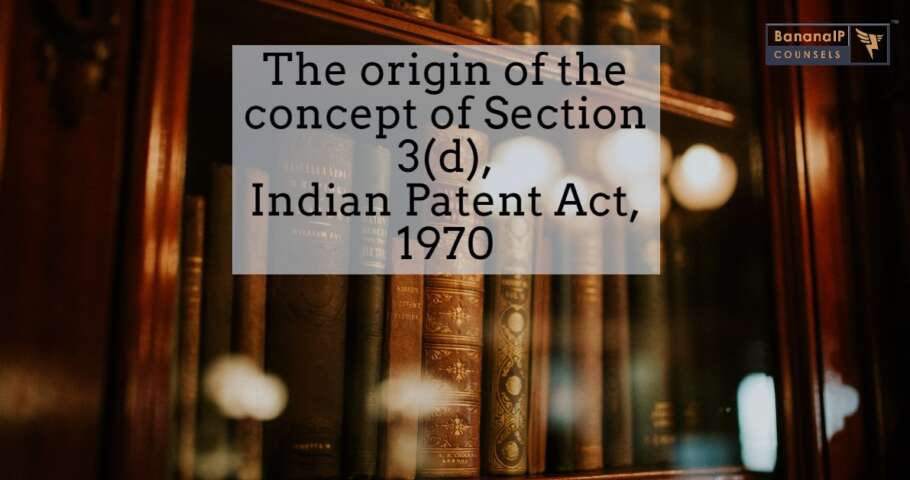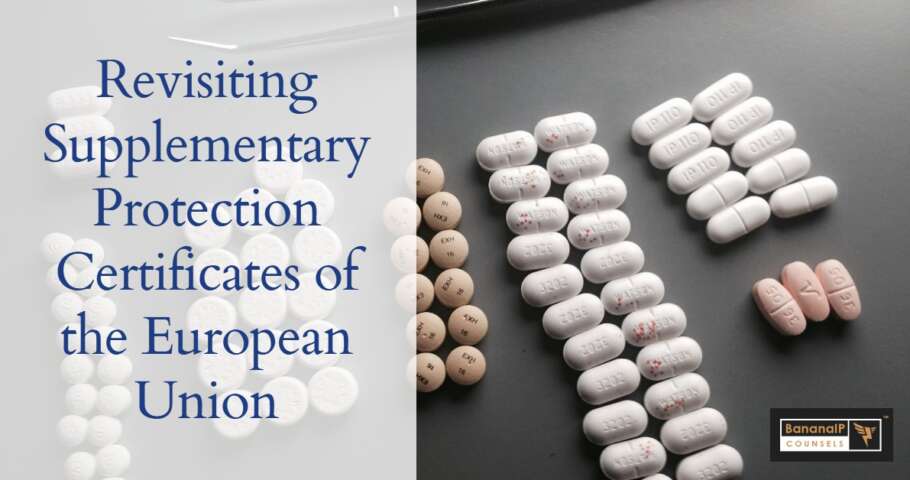Section 3(d) of The Patents Act 1970 has been the subject of much research interest due to its connection with preventing evergreening in pharmaceutical patents. This section was introduced after the TRIPS agreement, and may have been inspired by a similar provision in the E.U.’s Supplementary Protection Certificates regulation. It requires any patent for a new form of an active ingredient to demonstrate enhanced therapeutic efficacy. Continue Reading Examining the Origins of Section 3(d) in India’s Patents Act and Its…


